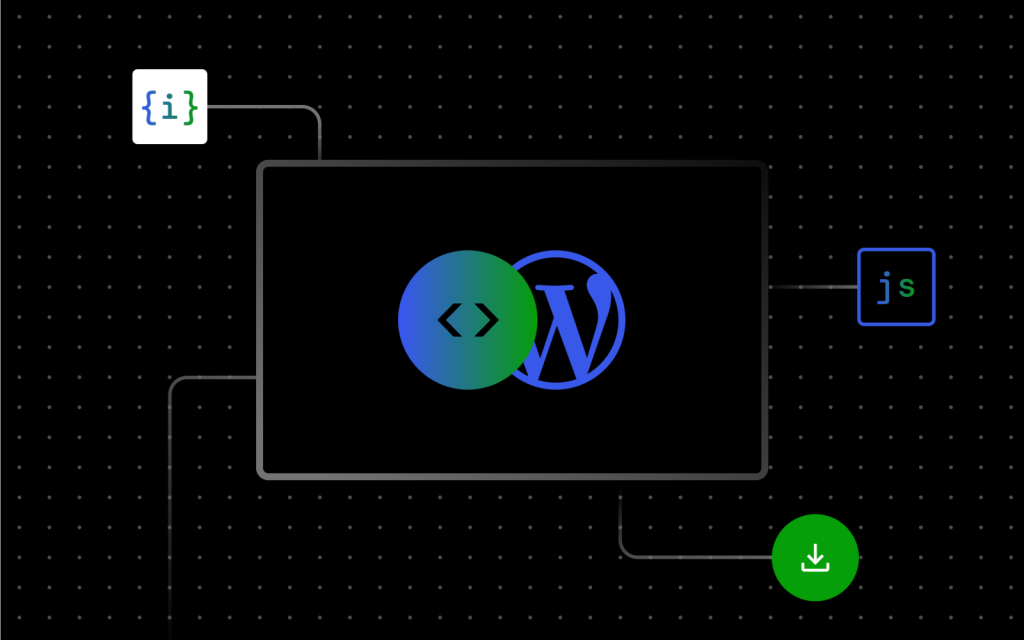Introduction
The WordPress community is full of beginners, bloggers, developers, and business owners who ask the same recurring questions: Which host is best? How do I speed up my site? Is WordPress secure enough?
Instead of quick one-liners, here’s a deep-dive conversation where real concerns from the community are answered with practical solutions.
Q1: “What’s the difference between WordPress.com and WordPress.org?”
Community Member:
“I’m totally new. Do I use WordPress.com or WordPress.org? I don’t understand the difference.”
Developer Answer: This is the #1 beginner question.
- WordPress.com is hosted. You don’t need to worry about servers, but you’re limited unless you buy premium tiers. Custom plugins and themes are often restricted.
- WordPress.org is self-hosted. You download WordPress for free, install it on a hosting provider, and have full control.
Solution: If you’re serious about blogging, eCommerce, or client projects, choose WordPress.org with a good host. It’s scalable and future-proof.
Q2: “Which hosting should I use?”
Community Member:
“My site is slow on shared hosting. Should I upgrade? Which host is best?”
Developer Answer: Hosting is the foundation. Shared hosting is cheap but overcrowded. You share CPU and RAM with hundreds of sites, so speed suffers.
Solutions:
- Budget friendly: SiteGround, Bluehost.
- Performance: Cloudways, DigitalOcean (VPS/Cloud).
- Managed WordPress: Kinsta, WP Engine.
If you’re running WooCommerce or high-traffic blogs, go VPS or managed hosting. For smaller personal blogs, shared hosting works—but always monitor speed.
Q3: “Why is my WordPress site slow?”
Community Member:
“I scored 40/100 on Google PageSpeed. What’s wrong with WordPress?”
Developer Answer: WordPress isn’t slow—it’s what’s installed on it that causes issues.
Solutions:
- Optimize images: Convert to WebP, compress with ShortPixel or Imagify.
- Caching: Use WP Rocket or free alternatives like W3 Total Cache.
- CDN: Cloudflare for global delivery.
- Lazy loading: Don’t load all images/videos at once.
- Audit plugins: Deactivate heavy or unused ones.
Pro tip: Install Query Monitor to detect slow plugins or database queries.
Q4: “Elementor or Gutenberg or Custom Code?”
Community Member:
“Which page builder should I use? Elementor, Divi, Gutenberg? Or should I learn coding?”
Developer Answer:
- Elementor/Divi: Quick setup, drag-and-drop, but can be heavy.
- Gutenberg (Block Editor): Native, lightweight, perfect for future WordPress.
- Custom Code: Best performance, ultimate control, but requires PHP/HTML/CSS knowledge.
Solution: For beginners → start with Gutenberg. For businesses that need speed + SEO → consider custom-coded themes or lightweight builders like Bricks.
Q5: “How do I protect my WordPress site from hacks?”
Community Member:
“My site was hacked. How do I secure it?”
Developer Answer: WordPress is secure if you maintain it. Hacks usually happen because of outdated plugins, weak passwords, or nulled (pirated) themes.
Solutions:
- Install Wordfence for firewalls + malware scanning.
- Keep WordPress, plugins, and themes updated.
- Backup regularly (UpdraftPlus or hosting backups).
- Use 2FA (two-factor authentication).
- Avoid free nulled plugins—they often contain malware.
Pro Tip: Never host multiple sites on one shared account. If one gets hacked, all will.
Q6: “My site is full of spam comments and bot signups. What do I do?”
Community Member:
“Every day I get 50 spam comments and fake user registrations. Help!”
Developer Answer: Spam is the curse of WordPress. But it’s solvable.
Solutions:
- reCAPTCHA v3 or Cloudflare Turnstile for forms.
- Cleantalk plugin for advanced spam blocking.
- Enable comment moderation in WP settings.
- Add a honeypot field that bots will fill but humans won’t.
Q7: “How much should I charge for WordPress projects?”
Community Member:
“I’m a freelancer. How do I price WordPress sites?”
Developer Answer: Pricing depends on skills, location, and project scope.
- Basic blog setup: $200–$500.
- Business site (5–10 pages): $1,000–$3,000.
- Custom theme/plugin development: $3,000–$10,000+.
Solution: Don’t price only on hours. Charge based on value delivered—speed, SEO, conversions. Clients pay more for results.
Q8: “Where should I learn WordPress development?”
Community Member:
“I want to become a developer. Where do I start?”
Developer Answer: Learn the fundamentals:
- HTML, CSS, JS (front-end).
- PHP, MySQL (back-end).
- WordPress APIs (REST, hooks, filters).
Resources:
- Learn.WordPress.org
- W3Schools
- WordPress Developer Handbook
Pro tip: Build small projects like a custom plugin or theme. Real practice > tutorials.
Final Thoughts
The WordPress community often circles around the same challenges: hosting, performance, plugins, security, and pricing. By addressing them with practical solutions, you can avoid costly mistakes and build websites that grow with your business.
👉 Need help with WordPress development or integration? Visit AliSaleem252.com for custom solutions, from speed optimization to plugin development and AI-powered integrations.






0 comments:
Post a Comment